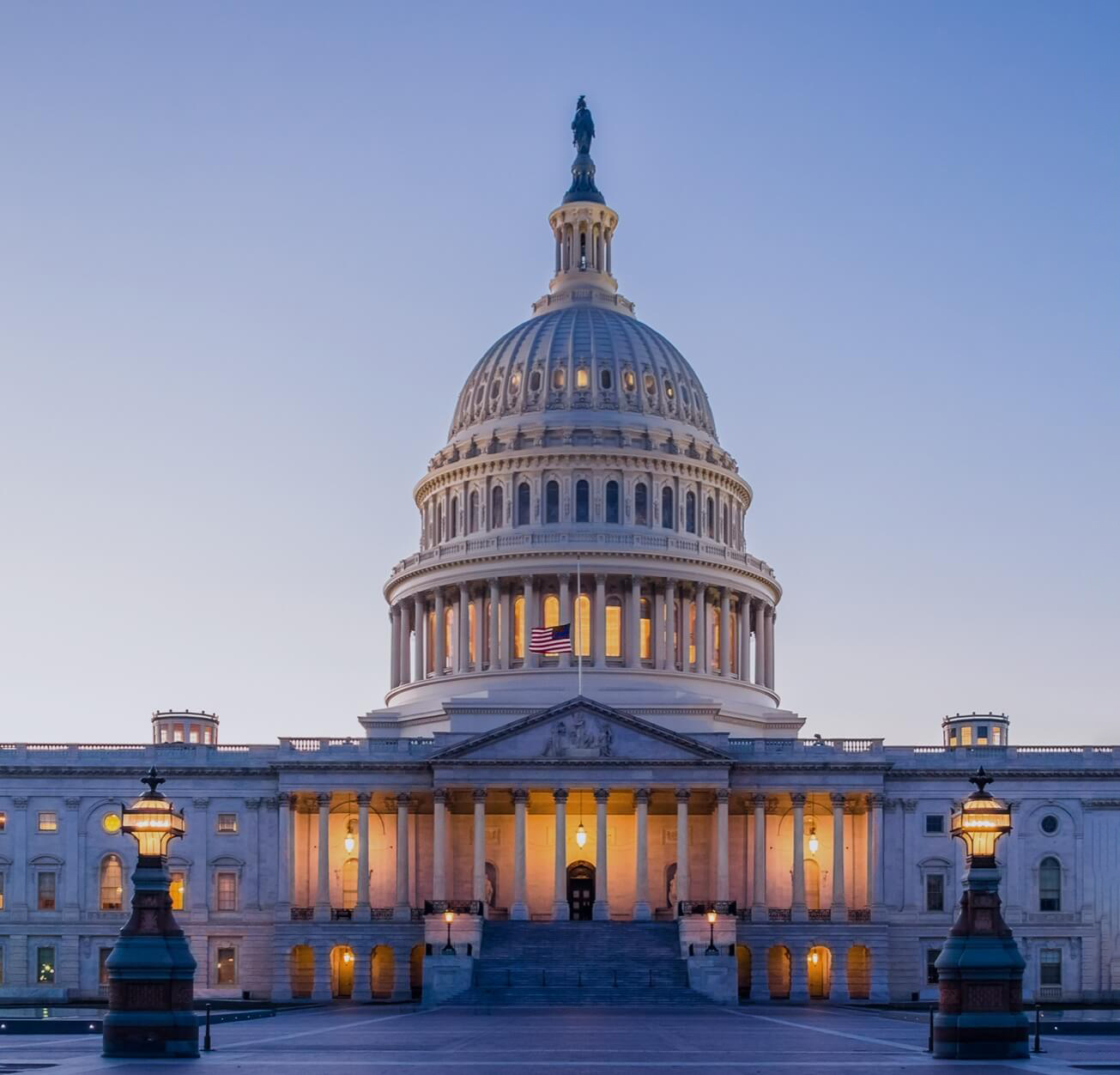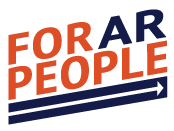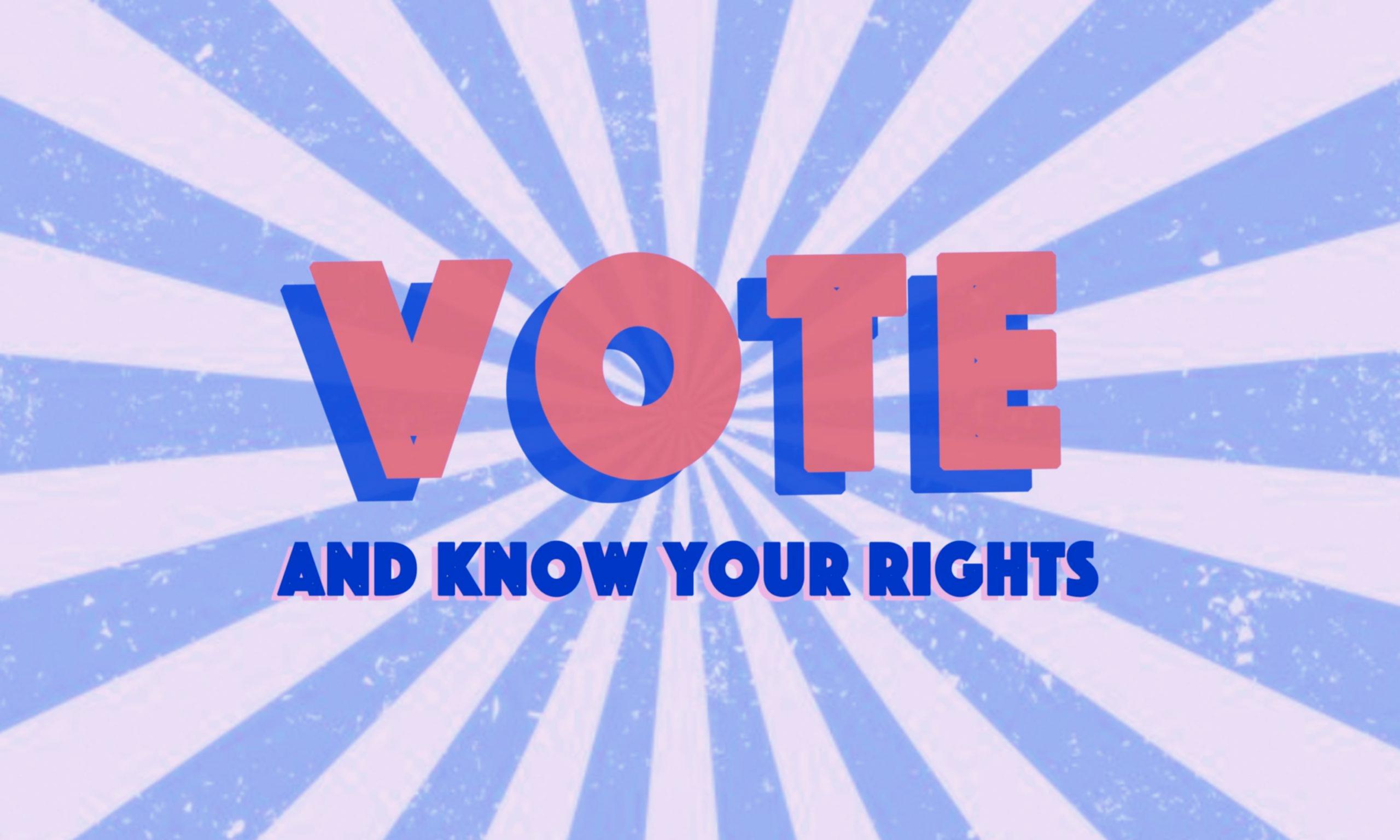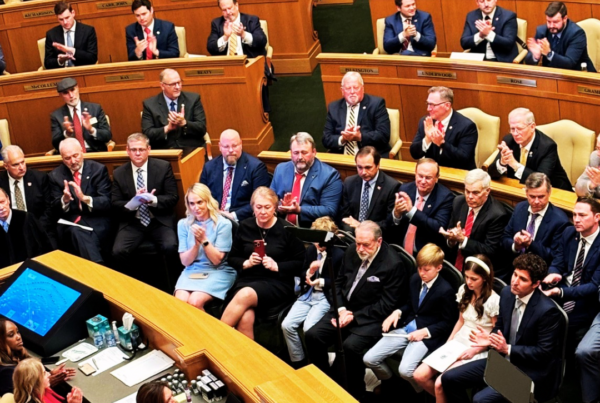The history of voter ID laws in Arkansas has been long and hard fought. In 2013 our state legislature filed SB2, which would require voters to present a valid photo ID when casting their ballot. Governor Mike Beebe vetoed the bill, but the veto was overturned by the Senate. The Arkansas Supreme Court then ruled that the ID law was unconstitutional. Despite the state’s Supreme Court declaring the law unconstitutional, the legislature ultimately proposed a voter ID amendment, which passed in 2018.
Proponents of voter ID laws say such laws are necessary to deter voter fraud. But this argument is not backed by data. What do Voter ID laws really do? Discourage engagement, prevent marginalized communities from having their voices heard, and confuse voters. Moreover when a law is suddenly changed and without a public education component, it leaves people confused and discouraged.
Voting is a fundamental right that all citizens have. So why are our lawmakers making it more difficult to vote?
Turned Away with no Explanation
In Yesenia Hernandez Lovo’s opinion, “They see voting as a threat.” Ms. Hernandez Lovo is a Jonesboro resident that was turned away for not having an ID in the 2016 Presidential Primary. At the moment, she was not given a reason for being turned away. In Arkansas, first time voters are required to either show a valid photo ID or present a utility bill with their current address and name. However no one explained this to Ms Hernandez Lovo.
“I knew a lot of people who were going to vote and they didn’t have their IDs, so I wasn’t really worried about it,” she said. “Nobody at the desk could explain this is your first time voting, they just said ‘I don’t know’. The ladies were nice, but they just weren’t able to explain why.”
Yesenia pointed out how this situation impacted her as a person of color with autism: “Sometimes I don’t read social cues because I’m hispanic and on the spectrum, so I’ve had to learn social cues from different cultures.” she said. “I relate this to life now, when people are trying to balance through the reality of what the government says and the reality of what they live in… whenever rules aren’t very obviously pointed out it makes it difficult to manage through.”
Jennifer Clack, Craighead Election Coordinator, was eventually able to explain the situation and asked Yesenia to mail a copy of her valid photo ID to the clerk’s office. “But if that’s the case I don’t understand why they do that to begin with when I was registered to vote. The laws are created to suppress votes,” Yesenia said.
“You’re already at a heightened level of emotions, and seeing other people are able to vote, and they can’t clarify why you can’t… that’s why I thought this was a big deal,” she explained. “I know this now, but sometimes things fall through the cracks.”
Jumping Through Hoops
Yesenia was able to get her ID to the election commission and have her ballot counted. Yet the situation still stressed her. She notes that others may not be able to return to provide valid ID. “I was lucky because I had people who could help me, but I had to figure out a way to get back to my house, get mail or something, and go back, but not everyone has a vehicle,” she said. “And some people can’t even get mail when we’re talking about the unhoused community.”
Yesenia says this opened her eyes to why people are hesitant or completely apathetic to casting their ballots. “It was a lot of stress to try to navigate all of that as a first time voter. I understand now why people don’t want to vote. For one, seeing that people are having problems, and two, seeing that when they are trying to get help they have to go through all these hoops… it makes [voting] intimidating.”
Expand, not Restrict Voter Rights
Arkansas has failed at educating its voters. In addition, our leaders have passed more restrictive ID laws, like HB1112, authored by Rep. Mark Lowery. This bill does away with the voter statement on provisional and absentee ballots. Right now, voter statements are one way for voters to verify their identity without a valid photo ID. Not only is Arkansas dropping the ball on educating voters of their rights, it’s making it harder for voters to vote.
Our government should be more focused on educating Arkansans, not restricting their fundamental rights. As Yesenia pointed out, some communities already have more barriers to voting. We must pass voting laws that expand access to voting in Arkansas, not laws that hinder vulnerable communities.
Yesenia closed with a simple question that she likes to ask her lawmakers: “Do you not trust your constituent? Do you not trust Arkansans?”






